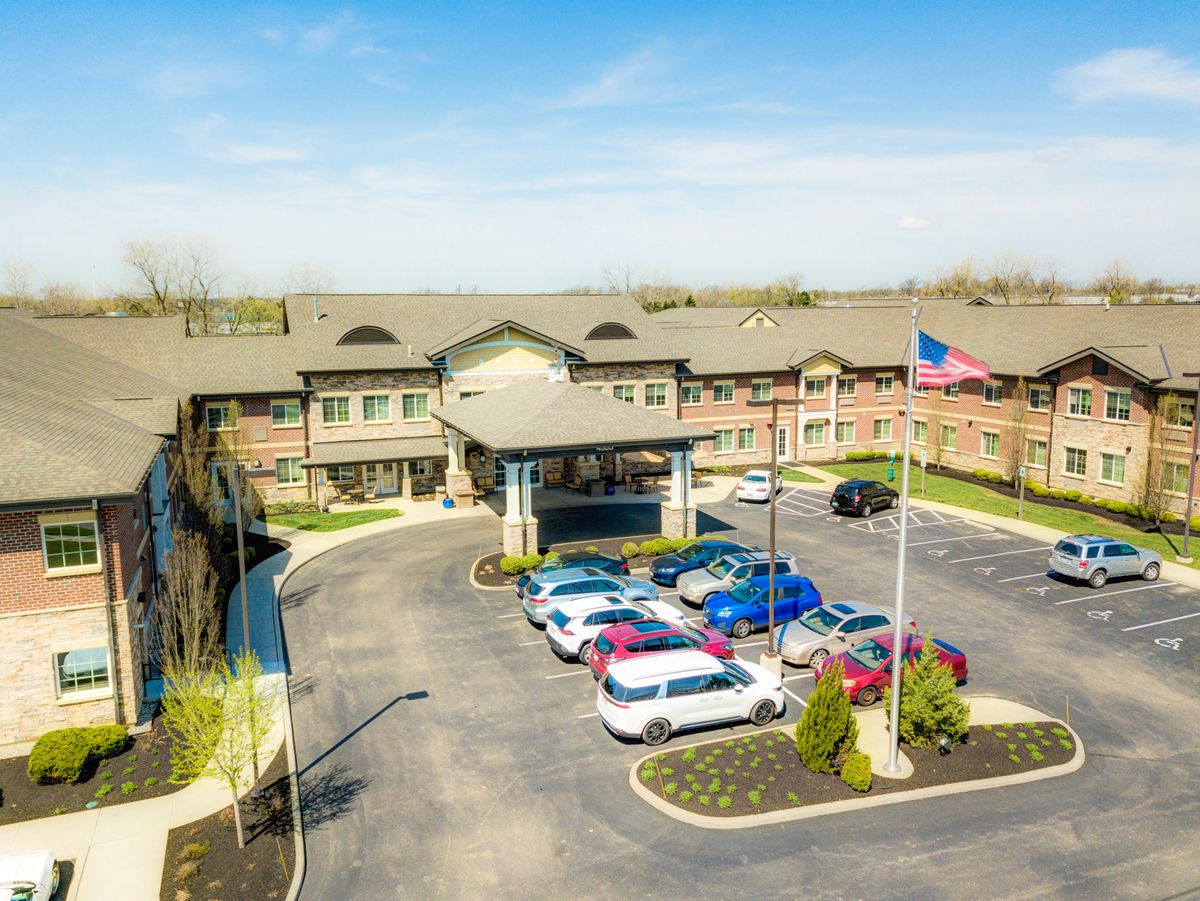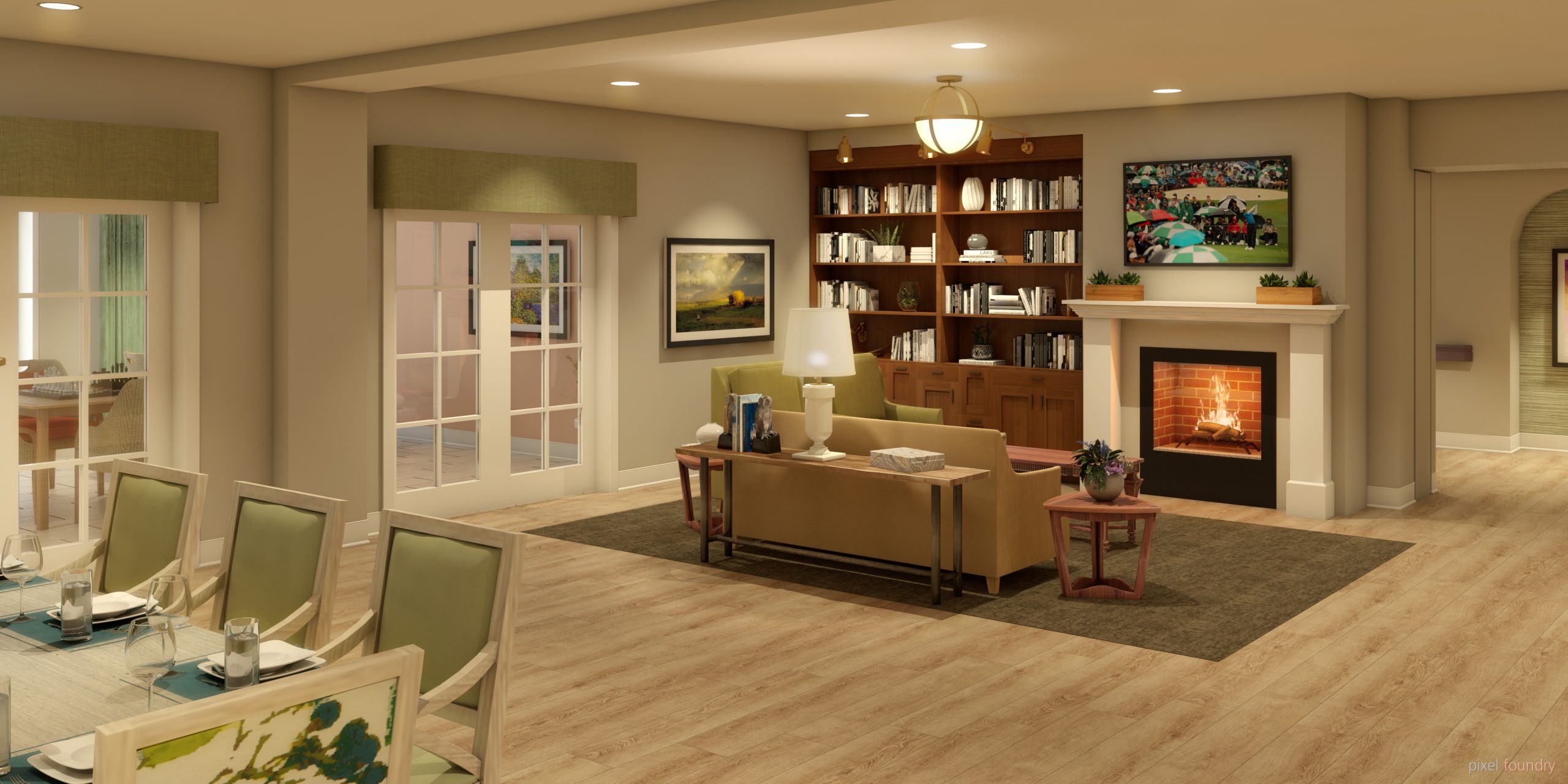Discover Charlotte Memory Care: Compassionate Senior Citizen Care Solutions
Wiki Article
Creating a Safe and Supportive Setting: In-Home Memory Treatment Essentials
Developing a secure and nurturing setting for people needing in-home memory care is paramount to their health and high quality of life. From making sure safety within the space to utilizing effective interaction methods and implementing memory-friendly layout aspects, there are important parts that add to a holistic treatment technique. By concentrating on producing a supportive ecological community that accommodates the distinct demands of those with memory disabilities, caretakers can substantially enhance the everyday experiences of their enjoyed ones.
Safe Living Environment
When supplying in-home memory care for people with cognitive disabilities,Developing a hazard-free and safe and secure living environment is extremely important. Guaranteeing the safety and security of the individual with memory loss is crucial to stop crashes and promote a sense of health. One important facet of developing a safe living atmosphere is to get rid of any prospective threats that might bring about slides, trips, or falls. This consists of safeguarding loosened rugs, guaranteeing ample illumination in all locations of the home, and maintaining paths clear of mess.In addition, it is very important to install safety features such as grab bars in restrooms and handrails along staircases to provide support and prevent accidents. Additionally, using innovation such as movement sensors and alarms can signal caretakers if the specific wanders or remains in distress. Producing a risk-free living atmosphere also involves implementing strategies to prevent straying, such as making use of door alarm systems or locks to limit access to harmful areas. By focusing on precaution and eliminating prospective hazards, caretakers can supply a supportive and safe and secure setting for individuals with cognitive impairments obtaining in-home memory care.
Effective Communication Methods
Applying tailored interaction techniques is essential in promoting meaningful communications with people with cognitive disabilities in the context of at home memory care. Efficient communication plays a vital role in producing a supportive atmosphere that boosts the well-being and lifestyle for people with memory issues. When interacting with someone experiencing cognitive decline, it is essential to use basic and clear language, maintain a calmness and favorable tone, and provide visual hints to assist comprehension.One secret method is to exercise active listening, showing compassion, perseverance, and regard during conversations. Non-verbal hints such as faces and body language can likewise aid share understanding and support. Furthermore, utilizing memory treatment by discussing past experiences or utilizing songs and art can take advantage of lasting memories, sparking connections and stimulating interaction.
Additionally, integrating routine regimens and constant interaction patterns can supply a feeling of experience and security for individuals with memory impairments. By implementing these communication strategies, caregivers can develop purposeful links and advertise a feeling of convenience and rely on the in-home memory care setting.
Memory-Friendly Design
Provided the significance of developing an encouraging environment for individuals with memory concerns via reliable communication techniques, the incorporation of memory-friendly style aspects in the living space becomes important in optimizing their day-to-day experiences and total wellness. Memory-friendly design concentrates on boosting security, comfort, and freedom for individuals with cognitive impairments. Straightforward adjustments can make a considerable difference, such as making use of contrasting colors to boost exposure and decrease complication, integrating clear signs to assist navigating, and reducing mess to stop sensory overload.
Including familiar elements from the person's past, such as preferred products or individual images, can stimulate favorable memories and create a sense of experience. By integrating these memory-friendly style components, caretakers can give a safe and supportive living area that allows individuals with memory problems to preserve their self-reliance and top quality of life. Charlotte Memory Care.
Daily Regimen Preparation
When creating an everyday routine for people with memory problems, careful preparation is necessary to support their cognitive function and general well-being. Developing an organized schedule can help lower anxiousness, disorientation, and confusion frequently experienced by those with memory impairments.Versatility is vital, as some days might require adjustments based on the individual's mood and power degrees. Consistently assessing and adapting the everyday timetable will certainly aid guarantee its effectiveness in promoting a positive and reassuring atmosphere for individuals with memory difficulties.
Assistance System Application
Developing a durable network of helpful individuals plays an essential function in improving the high quality of treatment and wellness for people needing memory support. Family members, friends, healthcare specialists, and area sources can all add to producing a solid assistance system. Communication among these individuals is vital to guarantee that the needs of the individual with memory difficulties are satisfied successfully.Family members are frequently the primary caretakers and develop the foundation of the assistance system. They offer day-to-day treatment, emotional assistance, and companionship. When required to prevent fatigue and guarantee the ideal possible care for their liked one., it is crucial for household participants to seek aid and respite.
Along with family assistance, involving health care professionals view publisher site such as physicians, specialists, and nurses can provide specific treatment and guidance. These experts can use valuable insights, medical recommendations, and assistance in managing the individual's problem.

Verdict
In conclusion, producing a helpful and safe environment for individuals with memory treatment requirements is essential for their well-being. By establishing a safe living atmosphere, using efficient interaction approaches, find out this here including memory-friendly layout elements, planning daily regimens, and implementing a solid assistance system, caretakers can aid boost the top quality of life for those with amnesia. These crucial parts interact to produce a nurturing and equipping atmosphere that promotes independence and enhances total top quality of life.Developing a hazard-free and safe living environment is vital when supplying in-home memory care for people with cognitive problems. By focusing on safety measures and getting rid of possible risks, caregivers can give a safe and secure and helpful setting for individuals with cognitive impairments obtaining in-home memory care.
Developing a robust network of encouraging individuals plays a pivotal duty in improving the quality of treatment and well-being for people needing memory support - Charlotte Memory Care. find out here now Interaction among these people is vital to guarantee that the demands of the private with memory obstacles are satisfied effectively

Report this wiki page